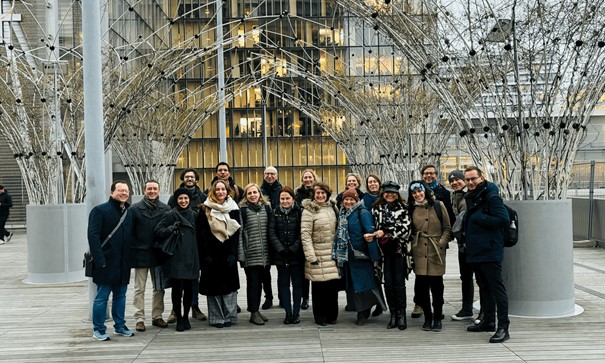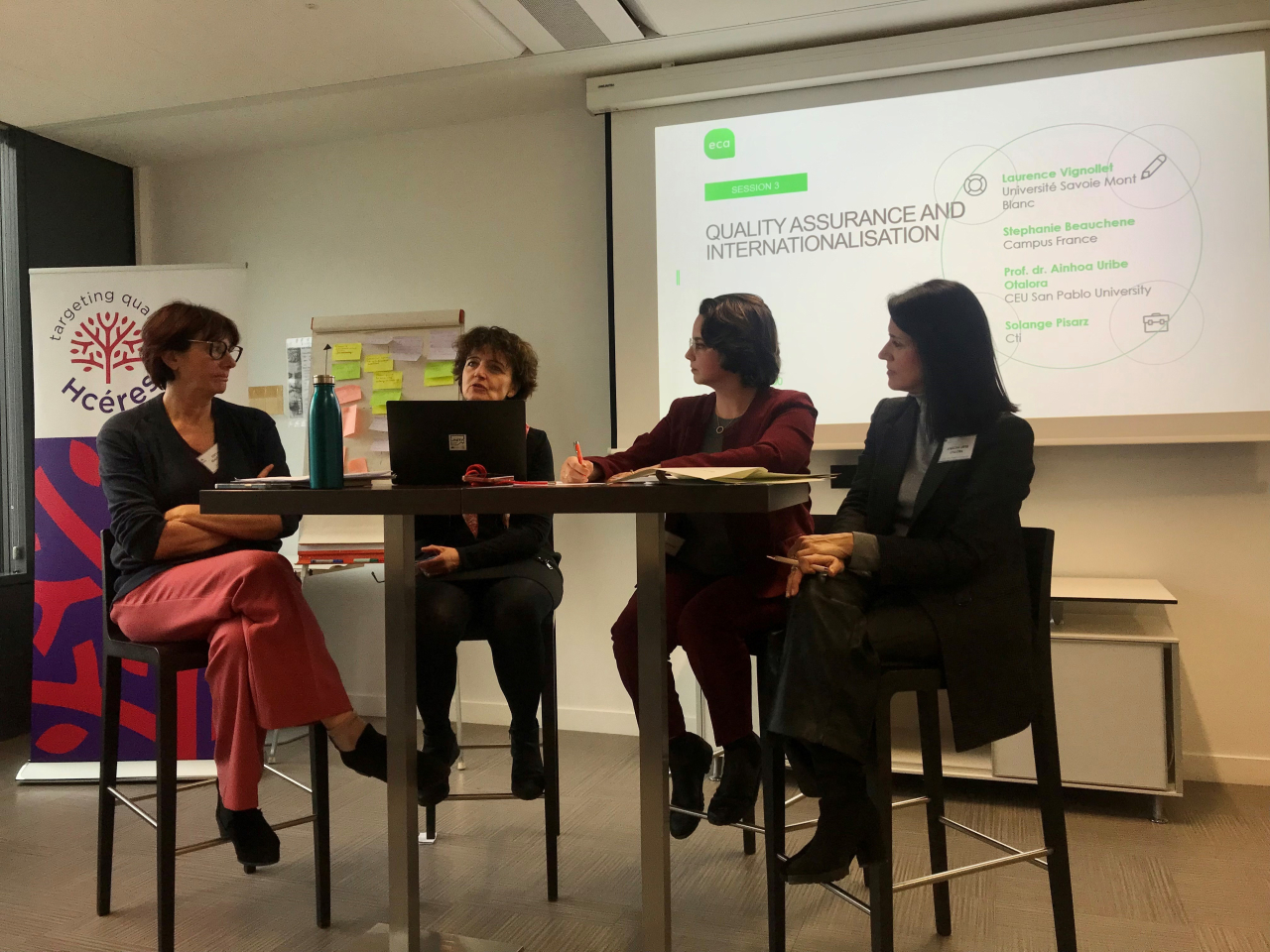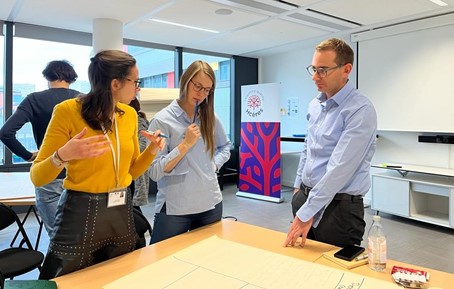International
Hceres hosts the ECA winter seminar
Published on
After hosting the Quality Audit Network last June, Hcéres welcomed twelve European agencies that are members of the ECA network (European Consortium for accreditation in Higher Education). This network, of which Hcéres has been a member for around ten years, is involved in European projects and promotes innovative practices in quality assurance, particularly in internationalisation, for example by awarding the CeQuint (Certificate for Quality in Internationalisation) label. The internationalisation of evaluation agencies was the theme chosen for this winter seminar.
The workshops, co-hosted by the Europe and International Department, took a practical approach to sharing experience, enabling the agencies to reflect on the impact of international activities on the continuous improvement of evaluation practices and methods at national level. Among the subjects discussed, the role of internal affairs in the internal structure of the agencies and the effectiveness of different types of peer-learning activities, such as job shadowing, were seen as important levers. A specific session was devoted to the recruitment of international experts, a major focus of the internationalisation of evaluation agencies.
Finally, numerous tools have been developed in recent years to support the internationalisation of higher education institutions: some focusing on a specific aspect such as welcoming international students, with the Bienvenue en France label developed by Campus France, and others developed by the institutions themselves, such as the “Recipes for Internationalisation” of the European Universities alliance UNITA. The managers of these projects, who took part in a round-table discussion at the seminar, spoke of the complementarity of the labels with regular evaluation procedures and their added value.
The following two days were devoted to a training course delivered by ECA about evaluating the quality of internationalisation, through the CeQuint label, which rewards excellence in internationalisation at institutional or programme level. One of the original features of the CeQuint framework is that it focuses on the integration of an international and intercultural dimension into the learning outcomes. Equal attention is paid to internationalisation 'at home' and to the mobility of students and academics.






